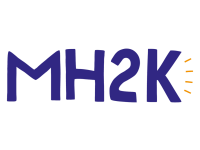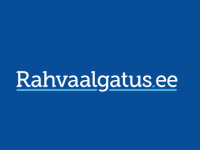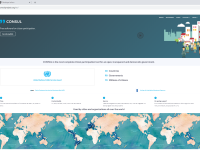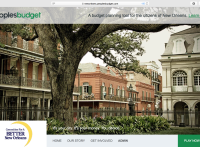Case Study
Enhancing civic engagement in high school students through online gamification: the case of…
Brazil has faced many corruption scandals, which is causing Brazilians, and mainly its youth, to increasingly distrust public institutions in general. A a result, we launched "Cities in Play", a free online game to be played in schools that puts the students in the position of an elected mayor, who needs to choose among different public policies to make his best to succeed in his administration. Our main goal is to enable political awareness in Brazilian youth to allow them to play an active…




